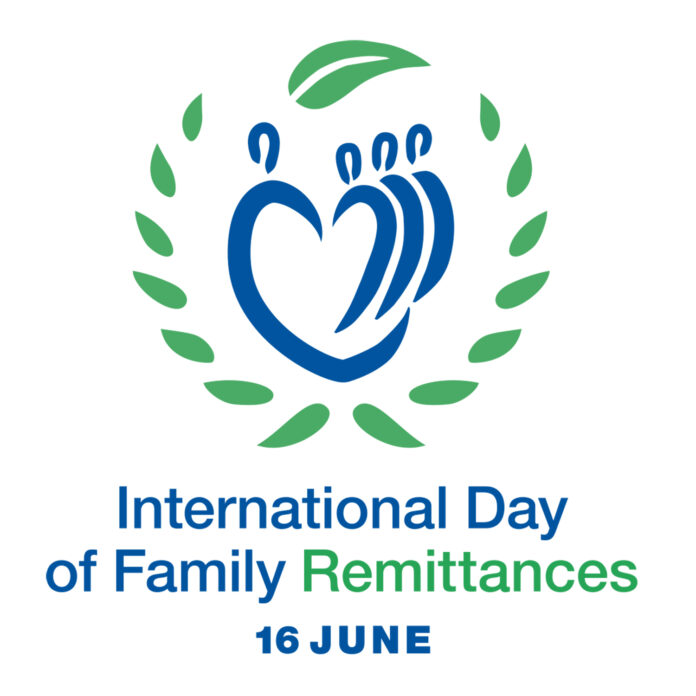The International Day of Family Remittances (IDFR) was adopted by the United Nations General Assembly and is observed on 16 June. The IDFR recognizes more than 200 million migrant workers, women and men, who send money home to over 800 million family members. This day further highlights the great resilience of migrant workers in the face of economic insecurities, natural and climate related disasters and a global pandemic. The IDFR is now globally recognized and is a key initiative in the Global Compact for Safe, Orderly and Regular Migration (Objective 20), which urges the reduction of transfer costs and greater financial inclusion through remittances.
Remittance flows have increased five-fold over the past twenty years, serving in a counter-cyclical capacity during economic downturns in recipient countries. COVID-19 has been a formidable test for global remittances. However, early forecasts of sharp declines greatly underestimated the resilience in remittances flows. A May 2021 report by the World Bank reveals a drop in remittances of only 1.6 per cent in 2020, to US$ 540 billion from US$ 548 in 2019.
The IDFR and the United Nations commend the determination and resilience of the human spirit as evidenced by migrant workers. Further, the UN calls for governments, the private sector, development organizations and the civil society to promote digital and financial solutions for remittances that foster greater social and economic resilience and inclusion.
Views: 76






